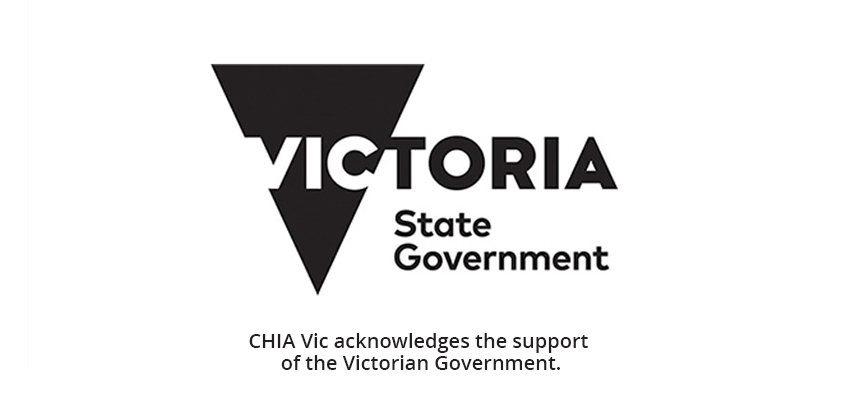A peak body has many tasks on its to-do list – from influencing government policy and its implementation to providing tailored training, masterclasses, member support, crafting submissions, creating resources and delivering quality projects.
In 2018/19, CHIA Vic delivered in spades.
The CHIA Vic team and Board crafted a new Strategic Plan that will steer the organisation’s activities for the next three years as we seek to deliver on our mission:
‘To lead and enable a diverse and dynamic community housing sector that is integral to the housing system’
This was a huge undertaking, involving multiple sessions with Board members. Using the Theory of Change principles of setting a goal, then working backwards to identify the steps required to achieve it, we crystallised the four key priorities that we are now using to shape and account for our work as you will see in this annual report, and beyond to 2021.
We provided submissions to the Victorian Government in the lead-up State Election and Budget and provided sector expertise into the Transitional Housing Review, the Residential Tenancy Act Amendments and the Mental Health Royal Commission.
CHIA Vic assisted the Department of Environment, Land, Water and Planning (DELWP) on the design and tendering of the inclusionary housing pilots, which will hopefully lead to social housing being an integral part of new housing projects.
As part of our push to enable the sector to be more energy-efficient, in conjunction with Aboriginal Housing Victoria (AHV), we were successful securing funding from the Lord Mayors Charitable Foundation to develop business cases for solar/energy efficiency measures to be implemented on up to 200 co-op properties.
Via our partnership with Boom!, solar panels were installed in 22 community housing apartment buildings that housed 698 households, plus 94 standalone properties, utilising rebates from the Victorian Government’s Solar Homes program.
Our membership became more representative, with successful negotiations with AHV leading to all Aboriginal housing cooperatives becoming members.
We produced a Workforce Capability Framework and Assessment Tool to assist the community housing sector develop the labour pool required to ensure current and future needs are met. Our training was attended by almost 1000 people, with new courses developed to suit emerging needs, including NDIS for housing workers.






